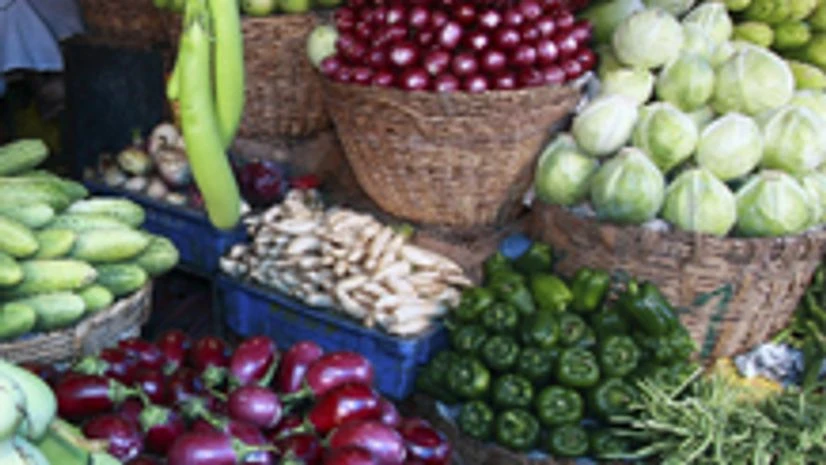Although most people believe that organic farming involves no use of chemical pesticides and fertilisers. But an investigation by the Crop Care Federation of India (CCFI), an apex association of the Indian agrochemical industry that advances the cause of Indian farmers through better crop protection strategies, has unearthed just the opposite facts, claims the association.
Information sourced by the CCFI under the Right to Information (RTI) Act has established that most farms claiming to be organic do use chemical pesticides regularly to protect their crops; yet they market and sell their produce under the ‘100% organic’ label. The Indian Agricultural Research Institute (IARI), New Delhi, revealed its findings on pesticide residues in organic vegetables. According to Dr K K Sharma of the IARI laboratory, in the analysis, 33% of organic products, sold in Delhi over the last two years contained pesticides.
In fact, the common vegetables which had tested positive at the IARI lab for pesticide residues include variety of fruits & vegetables. Although the maximum residue limit (MRL) is irrelevant to organic vegetables, it was genuinely shocking that the IARI's study showed that many organic vegetables carried pesticide residues far above the MRL set for vegetables. But, when the same IARI analysed 93,120 samples of conventional food from all over India, they found that the pesticides residues in them were only in 1.5%, whereas pesticide residues appeared in 3% (UK) and in 4% (Germany). With 3.1 % samples having pesticide residue, the UK government was very happy and declared that conventional fruits and vegetables were safe in the UK.
Also Read
According to the CCFI study, it was found that most of the organic farmers claimed that they do not use chemical fertilisers and pesticides but use manure as fertilisers and cow urine as insecticides. But it was revealed that before the harvest, to get rid of insects, they used chemical insecticides quite liberally to kill the live insects.
According to a study funded by the Stanford University, eating organic food does not make you healthier. Dr Crystal Smith, a lead researcher of the study who looked at more than 200 samples of the content proved that organic food is not necessarily healthier than conventional food.
When it came to nutritional content, the study found out that overall there were no clear differences between organic and conventional food. The findings corroborate those of the UK's Food Standards Agency, which commissioned a review a few years ago into organic food claims.
“There is no difference between organic and conventional foods, if you’re an adult and making a decision based solely on your health,” said a CCFI report.
Government of India gives Rs 10000 per ha subsidy to so called organic farms. CCFI claims that the Indian exchequer has lost a whopping Rs 2,500 crore due to bogus claims on organic farming.
According to its report on organic farming in India titled, ‘Myths v/s facts: Organic farming’ published on November 4, 2014, the report points out how growth under organic farming has considerably slowed down across the globe and that less than 1% of agricultural land is currently under organic agriculture.
Organic foods are not all that safe as they have been made out to be, claims CCFI. According to the German Health Authorities, bean sprouts from an organic farm in Germany had killed 31 people and infected a thousand more sometime from May to June in 2011, caused by an E. coli outbreakfrom the pig manure.
According to Dr Reinhard Burger, president of the Robert Koch Institute, it is the absence of chemical fertilisers which made the crops more susceptible to contamination caused by the bacteria originating from the pig manure.
“Consumers must not have forgotten about the alarming news concerning the New Delhi organic food retail outlet back home in India selling vegetables which contained much more pesticide residues. The next time you decide to go for organic food, don't be misguided by the heart, use your head, instead,” said CCFI in a press statement.

)
